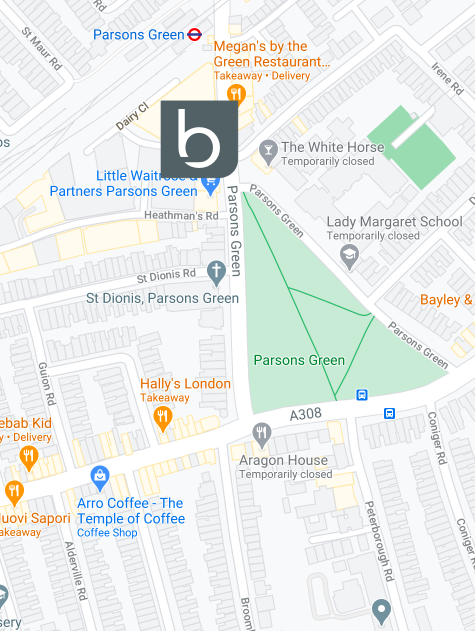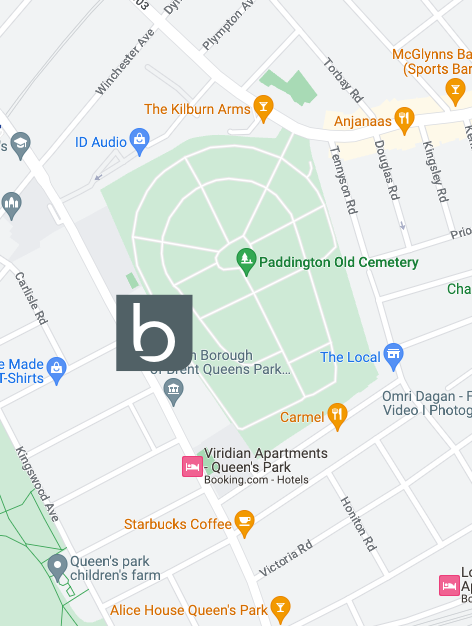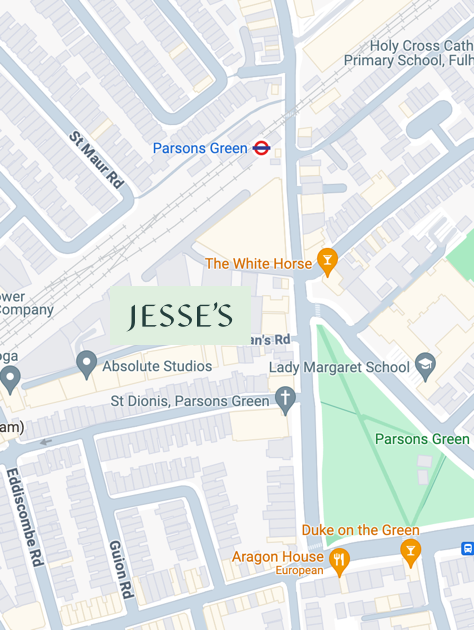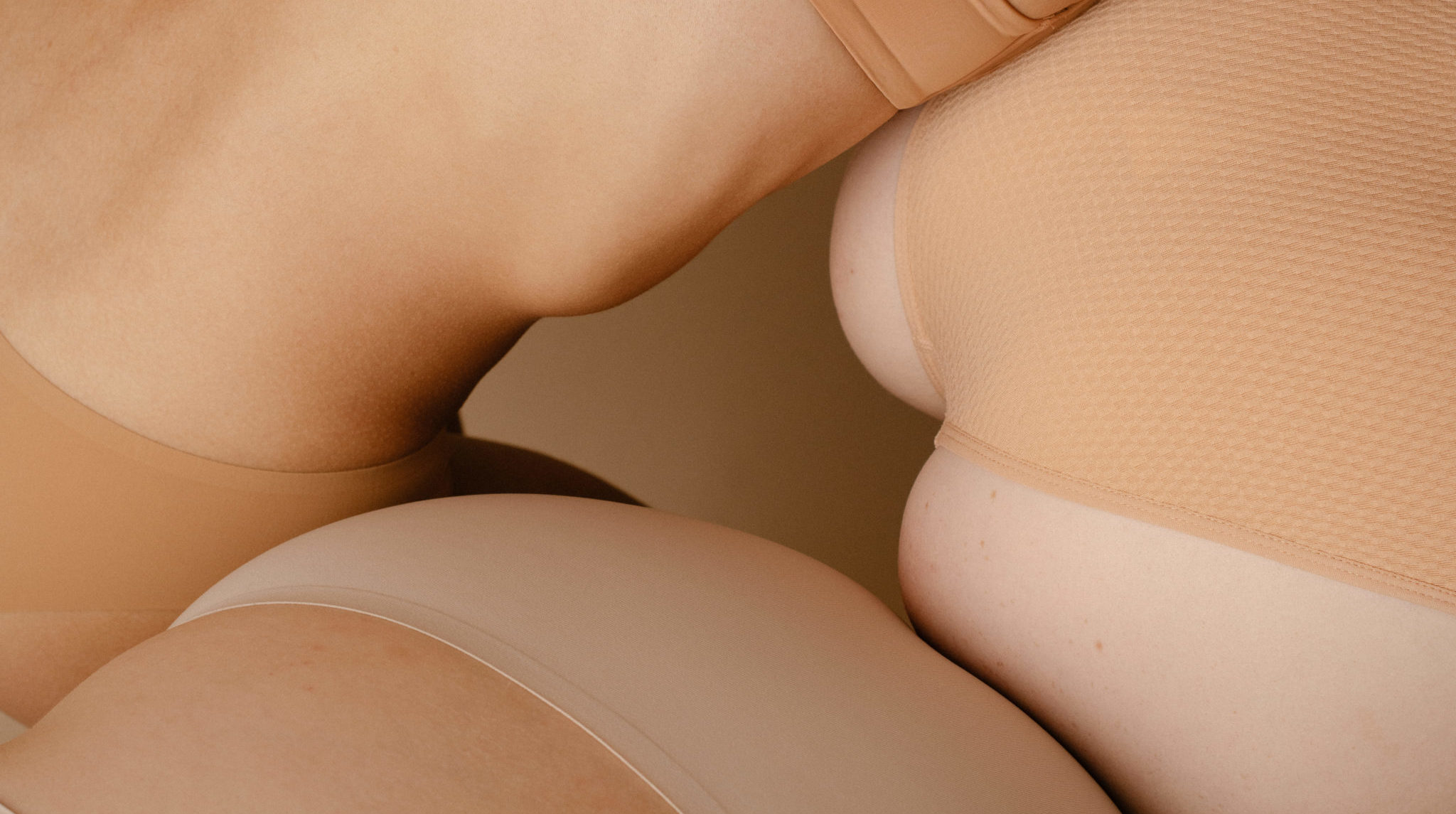
Close
Enquiry
Please see contact information below or complete the form and we will get in touch with you.

Parsons Green
3rd Floor Brigade House
8 Parsons Green
London
SW6 4TN

Queen's Park
2nd Floor
105-109 Salusbury Road
London
NW6 6RG

Jesse's House
8-10 Heathmans Road
Parsons Green
London
SW6 4TJ
The Importance of a Postnatal Assessment at LETO

Carrying and delivering a baby is no mean feat and has a significant impact on a mother’s body. It is also not uncommon for new mothers to feel really anxious about what has happened to their body as a consequence of pregnancy and childbirth.
Understanding exactly how your body is healing and recovering is critical from a clinical perspective of a specialist pelvic health physiotherapist at LETO, but is also so beneficial from an emotional perspective for you as a new mother. Less time worrying about whether you are or will be ‘normal’ again and more time focusing on how far you have come with realistic expectations for getting back to you!
In France the Government provides all women with la rééducation périnéale – up to 10 sessions of therapy to restore the postnatal pelvic floor and retrain the abdominal muscles following the birth of a child. A rhyme to the reason why they all have such enviable figures and flawless composure right?! Cue the UK where despite the prevalence of pelvic floor related issues, postnatal care with a specialist pelvic health Physiotherapist has an extremely low profile and is not available routinely under the NHS. Here in the UK, a woman attends her six-week postpartum check-up with her GP and, if nothing is seriously wrong, is reminded to do her Kegel exercises, cleared to have sex again and sent on her way.
Just because minimal care and consideration for Women’s Health issues is the norm here in the United Kingdom, it does not make it right!
Your body undergoes many changes during pregnancy and continues to change postnatally. It is important to address any issues that occur at this time so as to prevent problems later in life. Childbirth can lead to pelvic floor trauma, perineal tears and pudendal nerve injury (the nerve which supplies your bladder and pelvic floor). Consequently the pelvic floor can become dysfunctional and you may experience urinary or bowel urgency and/or incontinence, urinary frequency, incomplete emptying, pain on urination/defecation and pain or discomfort with sexual intercourse. In fact one third of women experience post-natal urinary incontinence1 and 83% of women at 3 months and 64% at 6 months experience sexual problems2 such as pain on penetration, during intercourse or with orgasm, vaginal dryness, vaginal tightness, vaginal looseness or loss of sexual desire.
A postnatal assessment with a specialist pelvic health Physiotherapist is critical to establish the cause of these symptoms, and to correct and rebalance so these symptoms do not remain, or worsen.
Because of the level of knowledge and investigation carried out by a pelvic health Physiotherapist, these specialists are also the best placed health practitioner to confirm the status of healing of the separated abdominal muscles (Diastasis Recti) and the appropriate type of exercise or exercises to begin your “comeback” with. Commencing the wrong type of exercise too early or the right type too late can be inefficient or more seriously, can have a long term consequences for your health and happiness.
Diastasis Recti is the separation of the left and right sides of your rectus abdominis. This occurs due to the growth of the baby in the uterus pushing against the abdominal wall and pregnancy hormones that soften connective tissue. Separation often occurs in the third trimester of pregnancy when the abdominals are at their greatest stretch. Most pregnant woman will have a small separation (i.e. one to two fingers’ width) after pregnancy and this is not usually a problem and should resolve naturally on it’s own within 6 weeks. However, if the gap at your midline is more than two fingers’ width and has a visible bulge, you may have a diastasis of your rectus abdominis and need to see a pelvic health Physiotherapist. Diastasis recti can be problematic after pregnancy when the abdominal wall is weak and it may make it harder for you to regain your tummy tone and return to your normal exercise routine.
It is important to have an assessment to determine which exercises are suitable for you. Many women remain abnormally widened at 8 weeks postpartum and this distance remains unchanged at 1 year without treatment3. If your abdominal muscles remain weak, you are more likely to suffer from back pain and have an increased risk of a hernia. 60% of women will have ongoing abdominal separation at 6 weeks post childbirth4 and 66% of women with a diastasis rectus abdominis have a pelvic floor support dysfunction5. Returning to exercise too soon or completing exercises incorrectly can sometimes cause more harm than good. If you have abdominal separation and are unable to create tension within the linea alba (the connective tissue that attaches the right and left sides of the rectus abdominis) then the pressure within the abdomen when exercising incorrectly could cause your tummy to bulge – worsening the issue. If you have a pelvic floor weakness or dysfunction and are unable to coordinate the pelvic floor muscles with movement and your breathing, then the pressure created may go downward potentially causing or worsening an organ prolapse.
The LETO postnatal assessment is a specialist assessment that we believe every woman should have following childbirth. The consultation with one of our specialist pelvic health Physiotherapists involves:
- Review of your prior medical history and personal goals which could range from confidence in your pelvic floor, returning safely back to exercise, getting your pre-baby tummy back, returning to sex, running a marathon or getting ready for another baby!
- The use of vaginal examination and/or real-time ultrasound and functional tests to investigate in detail the impact of pregnancy and labour on your abdominals, pelvic floor and pelvic stability muscles.
- Depending on your results and goals:
-
- Advice will be given as to whether any specific treatment is required (this could include manual therapy techniques, internal release to scar tissue or tight/ overactive pelvic floor, acupuncture, relaxation and breathing techniques, advise on toileting and positional modifications, specific exercises, provision of muscle stimulators to improve activation or vaginal dilators to assist in release and relaxation, Pilates and onward consultant referral).
- Formulation of a restoration programme to relieve symptoms and improve overall strength, stability, function, performance and confidence.
- Following the assessment the Physiotherapist will provide you with a report of the findings of the day.
-
At LETO we are determined to raise the profile of Women’s Health and in turn see that women are not limited by any symptoms associated with pelvic floor dysfunction or diastasis recti. We want new mothers to return to doing the things they love as quickly and safely as possible following childbirth and keep doing these things for all the years to follow! We want them to understand that with specialist guidance and care they can look and feel just as they did prior to pregnancy or, better than ever!
To book in for a LETO Postnatal AssessmentTM or to have a confidential discussion with either Marta Kinsella or Jo Gipson, please contact LETO at 020 3848 9439 or email us at [email protected].
1 Mørkved, K. Bø, 1999
2 Barrett et al 2000
3 Coldron et al 2008, Liaw et al 2011
4 Bakken Sperstad et al, 2016
5 Spitznagle et al 2007

